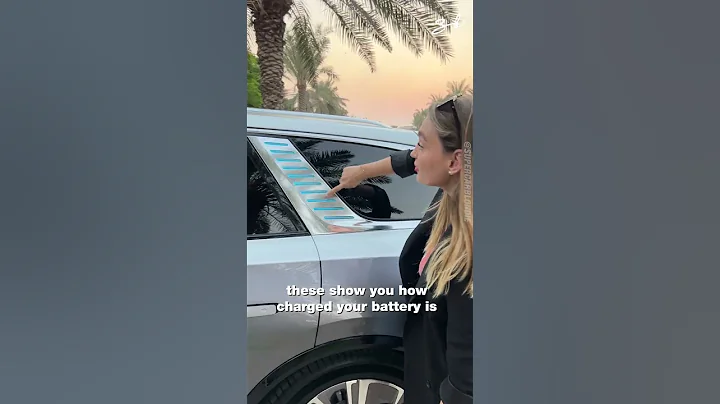On September 16, it was reported that at the end of this month, the domestic model of Tesla will receive an insurance premium subsidy of 8,000 yuan.
Tesla customer service told a reporter from China Securities Journal: "The current car purchase price is consistent with the official website price. However, there has been a recent event. For customers who have already booked a car, from today (September 16) to the end of the month (September 30), to purchase insurance types designated by the cooperative insurance company, there will be an insurance subsidy of 8,000 yuan, which will be returned to customers in the form of deduction of the car price."
This incident caused some complaints from customers who picked up the car before September 16 and after September 30, saying that the salesperson did not fulfill his duties of informing the price reduction in advance, causing economic losses to consumers.
Insurance subsidy for car delivery
China Securities Journal reporter learned that this offer is limited to customers who pick up the car from September 16 to 30. Tesla sales staff said: "Currently, the pickup cycle of Model 3 is 1-8 weeks, and it is likely that it will not be able to catch up with this offer. It is recommended to consider Model Y, and the pickup cycle is 1-4 weeks."
Tesla China official website shows that the price of Model 3 is 279,900 to 367,900 yuan, and the price of Model Y is 316,900 yuan to 417,900 yuan.


Source: Tesla China official website
Passenger Car Association data shows that in August this year, Tesla's new energy sedan Model 3 did not rank among the top 15 new energy sedans in my country in August, with the top three being BYD Qin , Hongguang MINI, and BYD Han, with retail volumes of 38,000 vehicles (market share 7.1%), 34,000 vehicles (market share 6.4%) and 26,000 vehicles (market share 4.9%) respectively. From January to August, Model 3 ranked sixth in retail volume, with 68,000 vehicles (market share 2.1%), with the top three being Hongguang MINI, BYD Qin and BYD Han.
Tesla's new energy SUV performed well in August, ranking second in the country's new energy SUV retail volume, reaching 31,000 units (market share 5.9%). First and third were won by BYD Song and Yuan PLUS, with retail volumes of 42,000 units (market share 8%) and 29,000 units (market share 2.9%) respectively.
New energy vehicle companies mostly use direct sales
Sales director of a well-known car company Wang Li (pseudonym), told reporters: "Consumers are so sensitive to price reductions, which is related to the fact that most new energy vehicle companies use direct sales. Changes in the production side of car companies will be directly transmitted to terminal prices, and price changes are often more and faster than the dealer procurement and sales model adopted by traditional car companies."
Since this year, Tesla has adjusted the prices of all its models many times, and the maximum price increase of each car has exceeded 20,000 yuan.
Tesla CEO Musk complained about the price increase and supply tension of raw materials in April this year: "The price of lithium has reached a crazy level. Although lithium elements themselves are not short of them and are almost everywhere on the earth, the speed of mining and refining lithium is very slow."
Wang Li analyzed: "The dealer channel divides the sales process into two parts, unified wholesale procurement from car companies, and then sells to consumers. This method will reduce the sales and financial pressure of car companies. Dealers have a certain price adjustment space, and the price fluctuations at the upstream production end will not be directly transferred to consumers."
"The direct sales model saves the dealer link, and the prices are more transparent. Consumers do not need to compare prices everywhere to purchase, but it also brings greater sales pressure to car companies. Therefore, new car manufacturers that adopt the direct sales model are more sensitive to market feedback, and consumers will also have higher requirements for products." Wang Li said.
Edited by: Ya Wenhui












